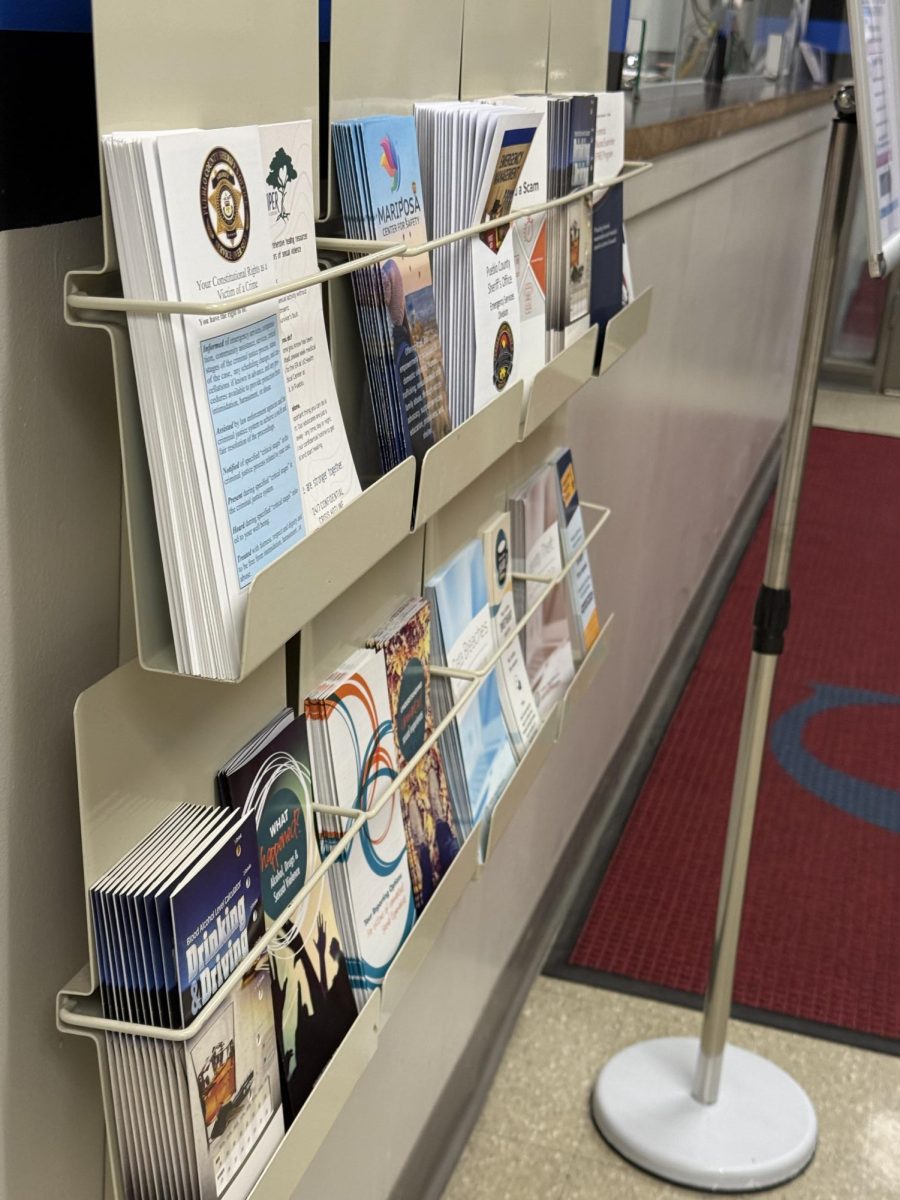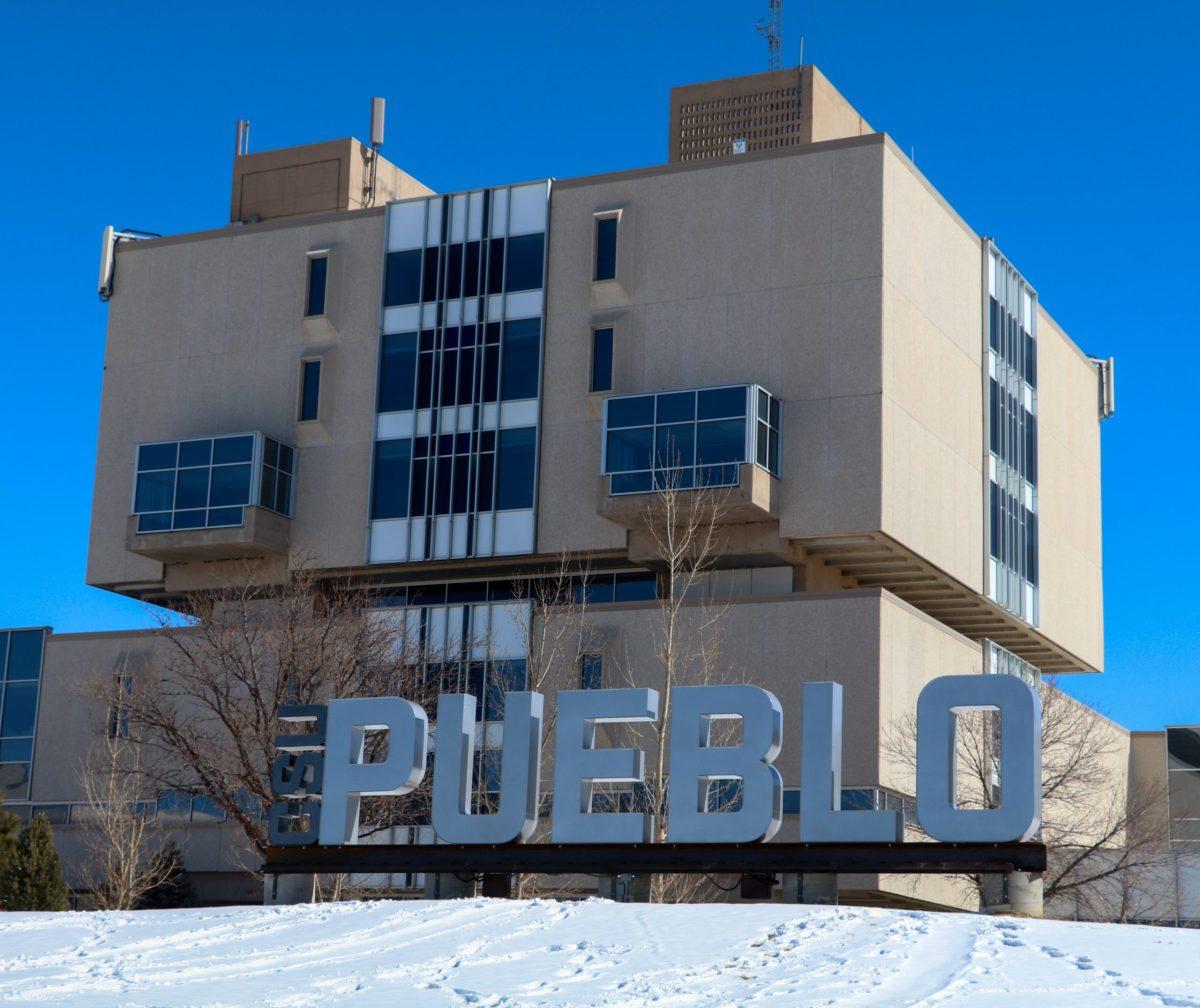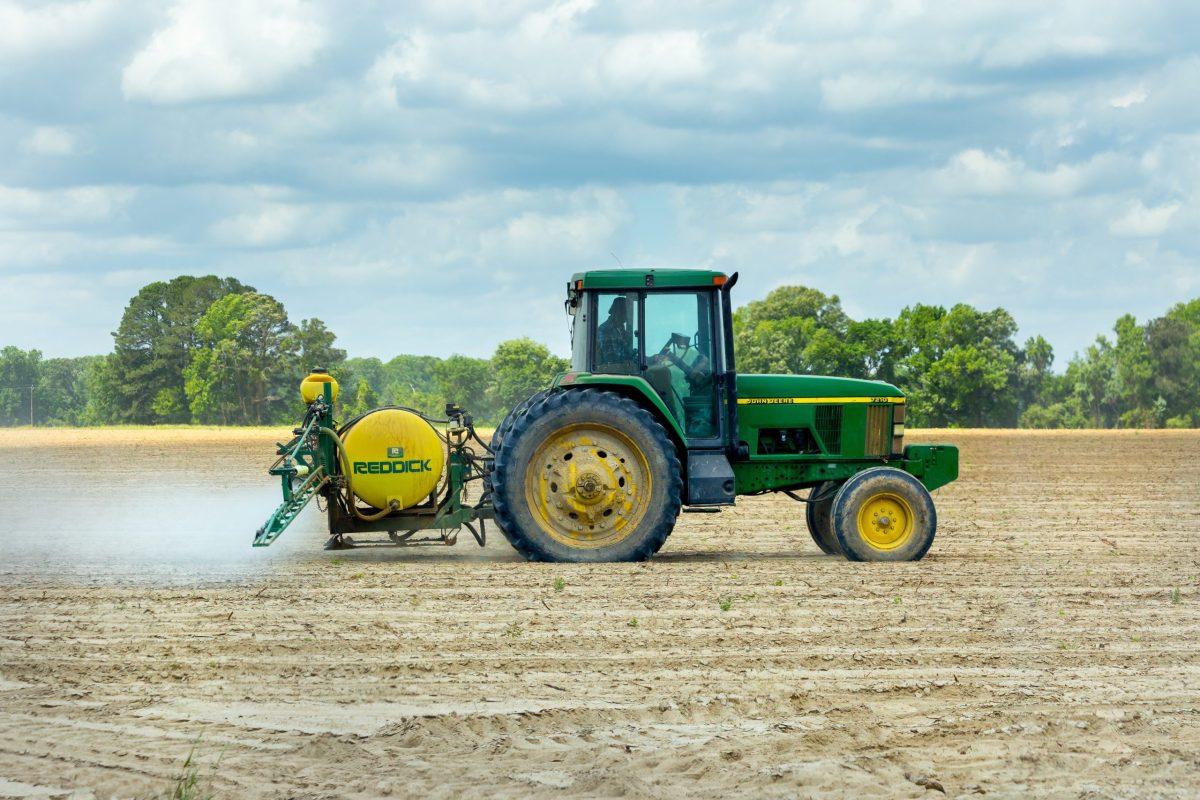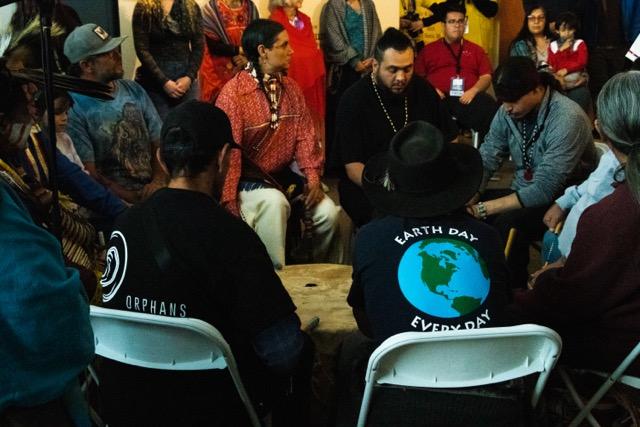
The 21st annual Pueblo Chile and Frijoles Festival, presented by Loaf ‘n Jug, will take place during the weekend of Sept. 25-27 this year, the third weekend after Labor Day. Last year’s festival, which celebrated its 20th anniversary, attracted as many as 140,000 people.
As the vestiges of summer wane and sunny days make way for cooler temperatures and football season, people from all corners of the United States make their annual sabbatical to Pueblo’s Historic Downtown to pay homage to the county’s largest harvest and homegrown exports: green chilies and frijoles, or pinto beans. Pueblo’s Greater Chamber of Commerce organizes and sponsors the event. Events include live entertainment, arts, crafts, chile cook-off competitions and cash prizes.
For three days, the savory aroma of fire-roasted chilies fills the air in this southeastern Colorado town, which is nestled along banks of the Arkansas River.
Some may consider the smell of roasting chiles a sensory feast, while others find it a bit overwhelming. Teary eyes and runny noses will attest to the potency of the peppers. Chiles are traditionally fire-roasted in rotating barrels, which allows for the skins blister and turn black, just the way the locals like them.
According to Rod Slyhoff, president and CEO of the Greater Chamber of Commerce of Pueblo, one of the challenges that face the organization of a big event like this one, is enforcing continually changing safety and health regulations, security and logistics.
“When the festival first started, it barely comprised one street block,” Slyhoff said.
“This year, a total of 185 vendors are participating, 44 of which are food vendors. There will be four entertainment stages where 44 different acts will perform over the weekend,” he said.
Additional security measures are in place to ensure that all 13 entrances are appropriately staffed. Police and private security contractors will be present to ensure that safety remains a priority.
“Screening will take place and backpacks will not be allowed at the venue,” Slyhoff said. The cost of entry will be $3 per person.
Pueblo gets crowded during this seasonable part of September, when the days are still moderate and the evening air becomes crisp. Out-of-town visitors are encouraged to book hotel rooms early if they plan to stay overnight.
Pueblo’s chile market is currently dominated by a handful of growers on the St. Charles Mesa, just east of the city of Pueblo. Their Italian names bear testimony to deep roots in the local community. Family-owned farms have been in business for centuries, attributing their staying power to the high desert climate of southern Colorado, which is conducive to yielding large crops.
The Chile Festival follows closely on the heels of the annual 11-day Colorado State Fair, which concludes on Labor Day each year, but its distinct southwestern edge sets it apart from the fair.
“The smell is enticing and makes many mouths salivate,” said CSU-Pueblo student Kayla Fisher, who is a native of Pueblo.
Evalina Lopez, who is also a CSU-Pueblo student and local resident, said, “I love the way our town fills with the smell of roasted chile. It feels like mom’s kitchen!”
Michael Cook, another CSU-Pueblo student, said the festival has become too expensive.
“It seems like it has gotten more and more expensive over the years,” he said. “I mean, how much is too much to charge for a brat with some green chile on it? Other than for people watching entertainment, what is the point?”
Slyhoff said festival attendees can expect differences at this year’s festival.
“The reason the festival is still popular is because it is consistent year after year, but we always try to do a few things a little different,” Slyhoff said.
“This year we have a 50-foot cow and free ice cream from an ice cream company,” Slyhoff said. A new strain of Pueblo chile will also be available to try.
The festival is also known for its “Hot to Trot” 5k fun run and 2-mile walk, which take place on Sunday at 8 a.m. “It’s a family festival and it’s all about fun and celebrating the harvest. We value the agricultural industry – it’s a big contributor to Pueblo County’s economic base,” Slyhoff said.
In August, grocery stores started selling Pueblo chile peppers. Previously, the local peppers were for sale mostly at fairs and farmers’ markets. Whole Foods Market was the first grocery store in Colorado to sell Pueblo chiles and, since then, other supermarkets have followed suit, providing much needed support for the entrepreneurial efforts of local farmers, while giving the beloved Pueblo pepper the attention it deserves.
Visitors are encouraged to try the traditional slopper while in Pueblo. It is a hamburger or cheeseburger, smothered with red or green chile sauce, and is served all year.









